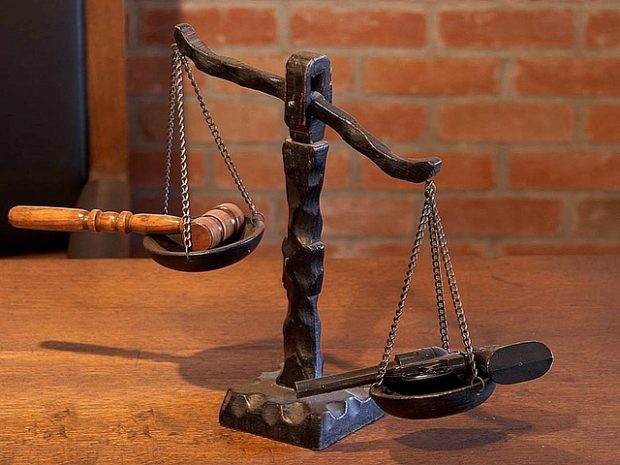In Manitoba there are many different kinds of court orders designed to protect those in the community who safety is endangered. These orders may be made by the criminal, civil and family court. The criminal court will issues protective conditions in the form of undertakings and recognizance, in-custody non-communication orders, probation orders and peace bonds. The civil court will issue protection orders and prevention orders under the Domestic Violence and Stalking Act.
Criminal Court Orders
Undertaking or Recognizance
When charged with a criminal offence, an accused may be released by the police on an undertaking. The undertaking is set of conditions the accused must follow while on release. It may included protective conditions that the accused have no contact or communication with the complainant directly or indirectly, and that the accused does attend the the home, work, school and place of worship of the complainant. If an accused is released by a judge after a bail hearing, the accused may be released on recognizance with similar conditions.
In-Custody Non-Communication Order
If an accused person is denied bail, the judge may order a no communication order similar to that of a undertaking or recognizance.
Probation Order
Once an accused person enter is guilty plea or is convicted at trial, as part of the court’s sentence the accused may be placed on probation order. For adults a probation order may be up to 3 years in length and for youths up to 2 years. A probation order is of a broader scope than a protection order and is focused not only on the protection of the victim, but the rehabilitation of the accused.
Peace Bond
A peace bond is issued by the court when the applicant is in fear of personal injury to self, spouse or children or damage to property. Anyone may apply to the court for a peace bond. More commonly, a peace bond can form part of the resolution of criminal charges where the Crown enters a stay of proceedings (drops the charge), but the complainant still fears the accused and desires protective conditions in place.
Civil Court Orders
Protection orders
A protection order is granted under the Domestic Violence and Stalking Act. The purpose of the order is to protect the applicant from all froms of domestic violence including threats, assaults, damage to property, emotional abuse, forcible confinement and sexual abuse. Further, the order protects against repeateded harrassment that causes the applicant reasonably, in all the circumstances, to fear for his or her own safety. In order to apply for a protection order, the applicant must first complete the application form and an affidavit. Afterward, the applicant sumbits the application and schdules a hearing with the court. At the hearing date, the applicant will appear before a Judicial Justice of the Peace who will review the application, affidavit, oral evidence and make a decision. Protection orders are typically ordered for three years.
Prevention Orders
A prevention order is similar to a protection order, but with a greater scope possible protective conditions. In order to apply for a prevention order the applicant must make an application before the Court of Queen’s Bench. These applications are heard before a judge and the respondent will have an opportunity to give evidence at the hearing. Unlike protection orders, prevention orders are indefinate unless the judge provides an expiry date.

